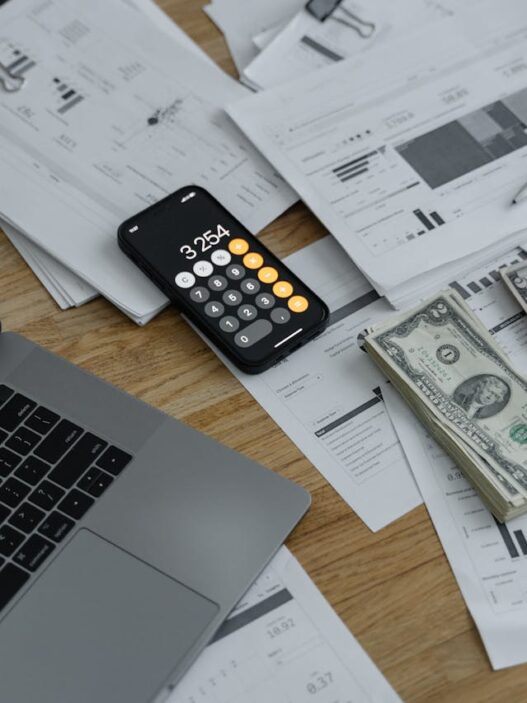In an era dominated by digital payments, mobile wallets, and contactless transactions, carrying physical cash may seem old-fashioned. But while society trends toward a cashless future, keeping cash on hand remains a smart and often necessary habit. Whether you're navigating emergencies, avoiding extra fees, or simply looking for more financial control, here are the top five reasons to always carry cash—and why it's still relevant in 2025.
1. Cash Is King in Emergencies
In times of natural disasters, power outages, or internet disruptions, digital payment systems can become unreliable or completely inaccessible. For instance, during Hurricane Ian in 2022, widespread power outages in Florida made it impossible for many businesses to accept credit or debit cards (CNN). ATMs were down, card readers were non-functional, and only those with cash could buy essentials like food, water, or gas.
Similarly, the U.S. Department of Homeland Security recommends keeping small denominations of cash in your emergency supply kit ( in case you need to purchase supplies when digital payments aren't an option.
2. Avoid Hidden Fees and Minimum Purchase Requirements
Many small businesses, especially local shops and restaurants, impose credit card minimums or charge extra fees for card payments to cover transaction costs. According to a report by NerdWallet, it's common for merchants to set a minimum of $5 or $10 for card transactions.
By carrying cash, you can sidestep these fees and minimums, saving money over time—especially on small purchases like coffee, snacks, or parking meters.
3. Better Control Over Spending
Psychologists and financial experts agree: paying with cash can help you spend less. Studies show that using cash triggers a psychological “pain of paying” that discourages impulse buying. A 2016 study published in the Journal of Consumer Research found that consumers are less likely to make frivolous purchases when paying in cash compared to credit.
Cash also supports budgeting techniques like the envelope system, which physically separates your spending into categories—groceries, gas, entertainment—making it easier to stick to financial goals (DaveRamsey).
4. Not Everyone Accepts Cards or Apps
Despite the rise of Apple Pay, Venmo, and contactless cards, not every vendor is equipped to accept digital payments. Think food trucks, farmer's markets, roadside stands, street performers, or garage sales. Many of these rely on cash transactions for simplicity or to avoid processing fees.
A showed that cash is still the second-most used payment method in the U.S., especially for small-value purchases. While declining overall, cash remains essential in certain segments of the economy.
5. Cash Offers Privacy and Anonymity
When you pay with a card or digital app, you're leaving a data trail. Your spending habits are tracked, analyzed, and sometimes sold to advertisers. Cash offers unmatched privacy. No one knows what you're buying, when you're buying it, or how much you spend.
This is especially important in an age of growing concern over digital surveillance and data breaches. According to data, 79% of Americans are concerned about how companies use their personal data. Using cash when possible can help mitigate these concerns.
Conclusion: Don't Ditch Your Dollars Just Yet
Even in 2025, keeping cash on hand is a practical and powerful habit. It prepares you for emergencies, helps you manage your money better, reduces reliance on technology, and protects your privacy. While digital payments offer convenience, cash provides control.
So next time you head out, don't just grab your phone—grab a few bills, too. It might just save you time, stress, and money.



















